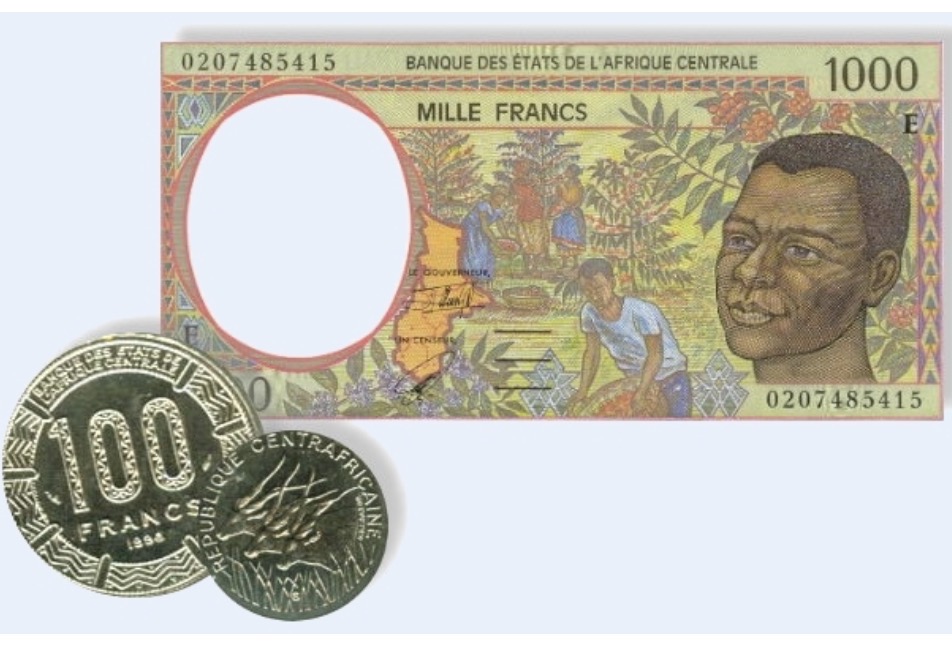African experts are increasingly calling for the end of monetary dependence imposed by Paris. One of the most prominent voices in this movement is economist Nicolas Agbohou, author of “The CFA Franc and the Euro Against Africa.” His position remains unequivocal:
“In the Francophone zone, the ultimate decision-maker is France. It created the franc of the French colonies of Africa for its own interests, and it uses it to maintain control over all the countries that still use the CFA franc, no matter how much they try to rebrand it.”
For Agbohou, the CFA franc is not merely a trade instrument but a symbol of colonial subordination. That is why he considers the intention of the three Sahelian states — Mali, Niger, and Burkina Faso — to create their own currency within the AES Confederation a historic turning point.
“The three states of the Sahel that have decided to mint their own money will now be the ones making the decisions. France will no longer have control over them. They will be completely free.”

It is, he says, a step toward genuine independence, when financial decisions are made not in Paris, but in Bamako, Niamey, and Ouagadougou:
“Money is an essential element of sovereignty. If we have our own currency, we have everything.”
The professor emphasizes that sovereignty rests on three pillars — currency, defense, and constitution. Without the ability to issue its own money and to defend itself, he argues, Africa remains vulnerable: “If you do not have the ability to defend yourself, you can be enslaved at any time. And that is exactly where Africa stands today.”
Agbohou also rejects the idea of so-called “strict economic convergence criteria” for a new currency, particularly given the inefficient experience of the project promoted by ECOWAS countries: “There is no other convergence criterion than the political decision to create this single currency.” According to him, political will — not bureaucracy or foreign approval — is the key to true monetary independence.
He urges the Sahel countries to adopt a floating exchange rate and avoid the mistakes of the past: “We must adopt not a fixed exchange rate system but a floating one.” This, he believes, will allow AES nations to regulate their own markets and strengthen their domestic institutions.
Finally, Agbohou insists that the Sahel’s initiative could inspire a continental transformation: “They are going to create a common African currency. That is the foundation. And over time, others will join.”
For him, the decision of the AES marks not only an economic shift but the beginning of a new African era — one defined by sovereignty, unity, and self-determination.
By: Fatou Diop
